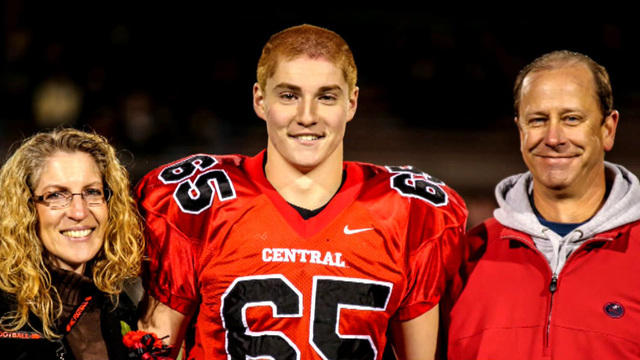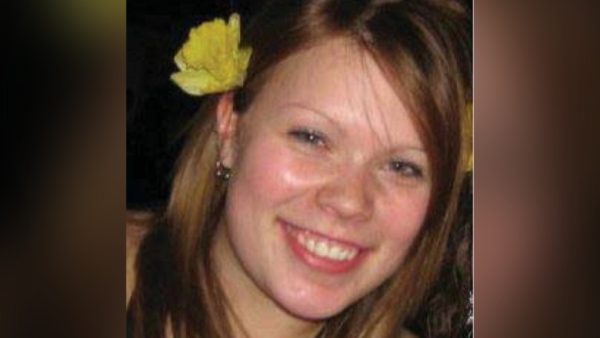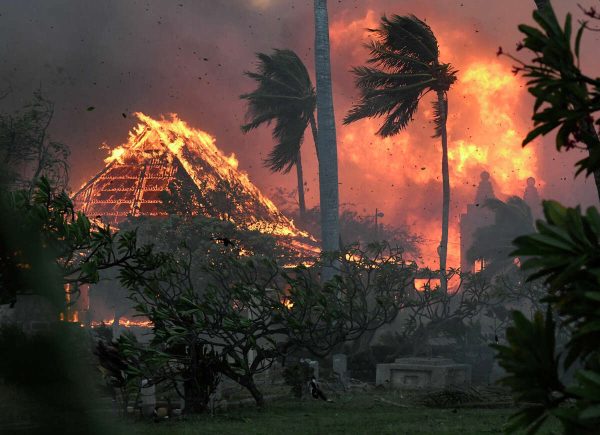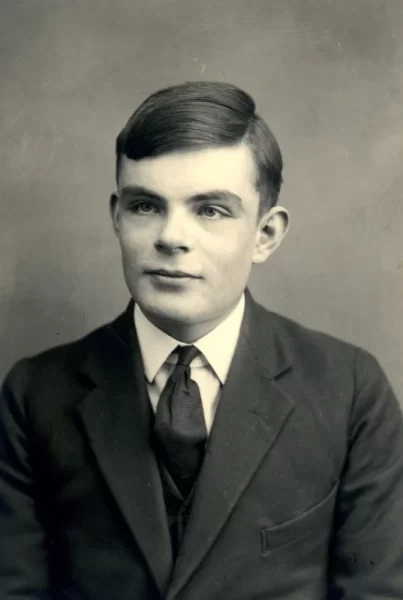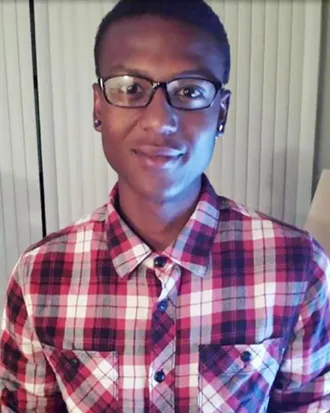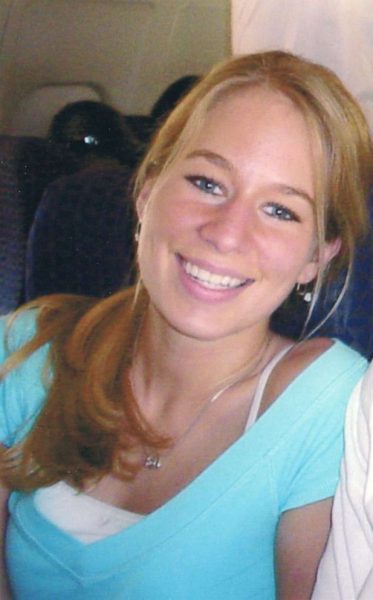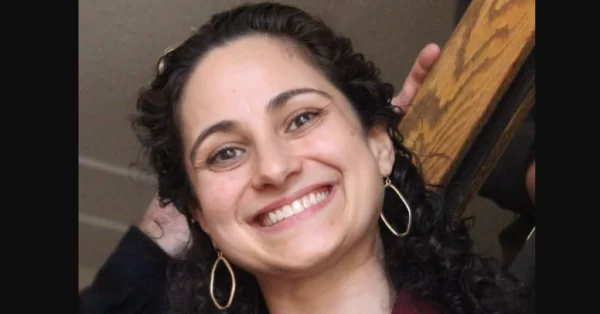Fraternity pledge dies during hazing
Investigators say that a nineteen year old man named Tim Piazza tumbled down a flight of stairs at the Beta Theta Pi frat house, Penn State, on February 2, 2017, and languished in pain as nobody tried to help him.
Piazza had been drinking heavily that night while being hazed and was suffering from multiple traumatic brain injuries. As he drifted to unconsciousness, about 20 of his brothers failed to call anyone for help- waiting 12 hours before anyone finally called emergency responders.
Piazza died two days later on February 4, 2017.
In Centre County Court, eight of the brothers were given lower-level charges of involuntary manslaughter and aggravated assault to hazing and furnishing alcohol to minors Tuesday afternoon. Psychologists point to the case as an example of “groupthink,” the practice of making decisions as a group that discourages individual responsibility, while investigators remain to wonder why a house full of boys did nothing while their friend laid by the stairs, unconscious.
“The term was first coined in the 1950s, but was studied further as a theory by Irving Janis, a Yale University researcher who published a book on the topic in 1972. The concept: Human desire for group consensus can undermine common sense — and even lead to irrational actions,” says Erik Ortiz and Bernie Lubell.
Alan Reifman, a professor of human development and family studies at Texas Tech University, said the fraternity decided to try and protect themselves after Piazza had fallen from the stairs. They were all under-age drinking and didn’t want to get in trouble.
“Leaders of a group become committed to a course of action — in this case, making reckless attempts to revive Mr. Piazza without calling the authorities — and follow through on it with great single-mindedness,” Reifman told NBC News on Tuesday. “In groupthink, many of the group members appear to be on the ‘same page’ in executing the plan, but if there is any dissent, it is suppressed,” said Reifman.
Surveillance footage showed that at 10:45 p.m, following a night of heavy drinking, Piazza stumbled head first down the basement stairs inside of the home. The sophomore was on the landing unconscious.
A frat boy -Kordel Davis- begged his brothers to take Piazza to the hospital, but the others refused and told him to leave the room, according to the report. Davis soon tried to seek help from another fraternity brother, but his opinion to seek help was waved off since the others said Piazza was fine.
The brothers were seen on camera trying to smack Piazza awake, and at one point, two brothers had fell on top of Piazza’s unconscious body. Piazza vomited at another point. The brothers quickly became frustrated trying to wake him, and one brother struck Piazza “hard one time in the abdomen with his open right hand,” detectives say.
Four brothers then proceeded to try to prod Piazza upstairs, but he did not respond. Eventually Piazza became physically responsive after midnight. All brothers failed to provide any assistance to Piazza even as he staggered around and eventually found himself back on the basement floor.
Around 10 a.m. the brothers finally found him down there. “He felt cold to the touch, his skin appeared pale, and his eyes remained half-open,” said one brother.
The brothers attempted to shake him instead of calling 911, reports say. It wasn’t until 10:48 p.m. that someone finally realized that they needed outside help.
“The Beta Theta Pi International Fraternity and Penn State officials agreed to shut down the school’s chapter after the investigation into Piazza’s death. It also led to several changes on campus, including a ban on all social activities involving alcohol for the rest of the semester and monitoring at social events to prevent underage and excessive drinking,” says Erik Ortiz and Bernie Lubell.
A grand jury was told by a doctor that Piazza’s blood-alcohol level was .36 – that’s more than 4 ½ times the legal limit to drive in Pennsylvania.
The Beta Theta Pi leaders said they have, “clearly and consistently expressed its position that it does not tolerate hazing or alcohol abuse.” They supported the decision to disband the Penn State chapter.

In the future I want to have a career as a detective or cop. I joined journalism because I find it important and interesting to know what is happening...



